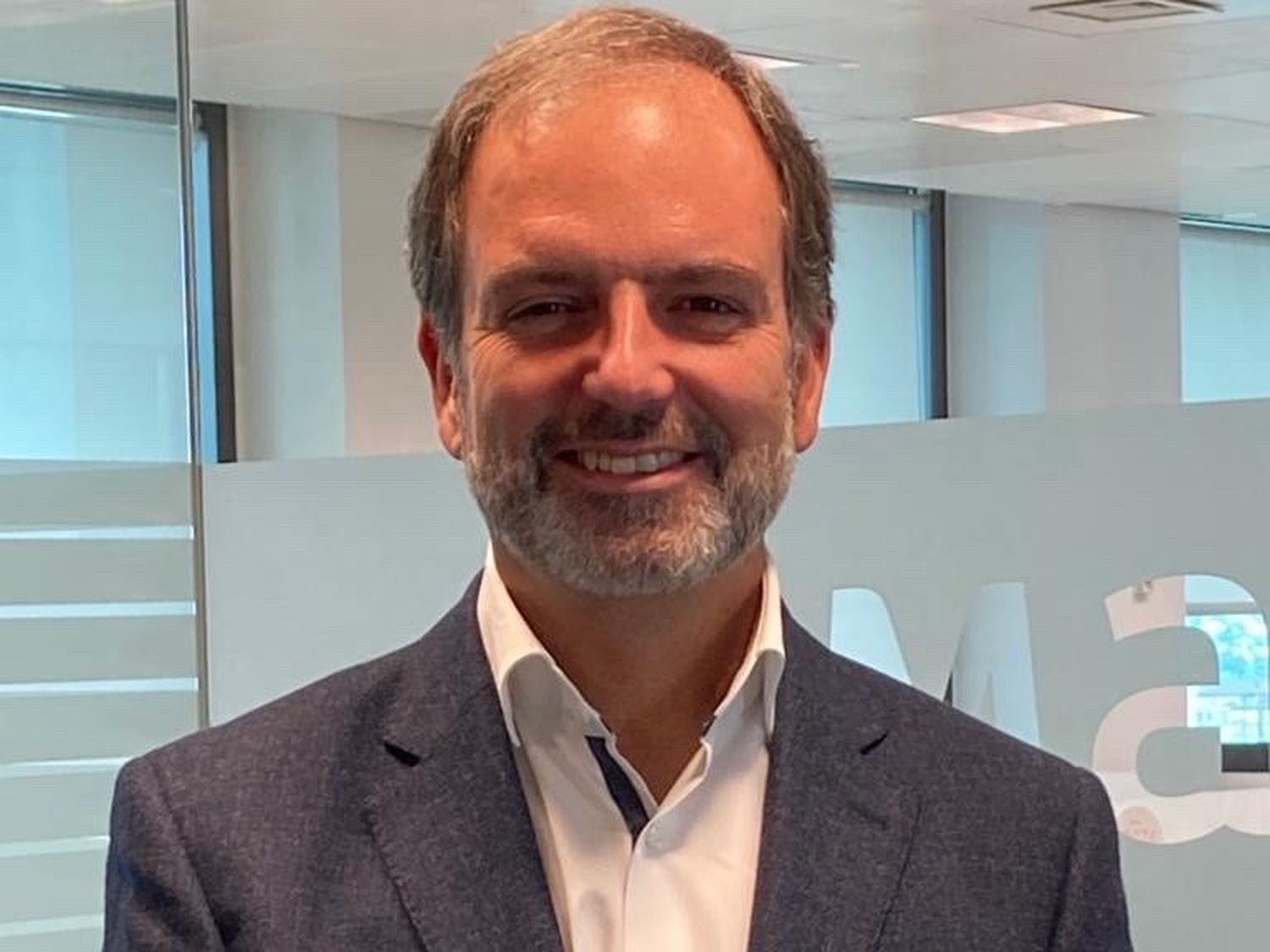Lucas Bobes on How Amadeus Technology Helps Reduce Aviation’s Environmental Impact
Lucas Bobes, Group Environmental Officer at Amadeus, spoke with us during our recent visit to Fitur in Madrid about the role of technology in mitigating aviation’s environmental impact.
"Amadeus recently published a study analyzing the impact of some of our solutions in reducing fuel consumption and aircraft emissions," Bobes shared at the beginning of our conversation.
"The success of our IT solutions division is based on delivering technology that enhances efficiency, particularly in airline operations. Improving operational efficiency translates into greater environmental efficiency, lower emissions, and, in some cases, reduced local pollution per passenger," he added.
Technology Solutions for Reducing Emissions
What solutions does Amadeus offer the industry to help reduce emissions?
"We continue to invest heavily in R&D, allocating around 20% of our annual revenue—over one billion euros per year. Among the Amadeus technologies that support the industry's environmental goals, I’d highlight:
- Cytric Easy, which helps manage the carbon footprint of corporate travel programs and provides employees with the tools to make more sustainable travel choices.
- Amadeus Sequence Manager, which optimizes pre-departure sequencing to reduce aircraft taxi time, minimizing fuel consumption, CO₂ emissions, and delays.
- Amadeus Travel Impact Suite, a tool that allows travelers to calculate their carbon footprint and access offsetting options. In this sense, technology is a key part of the solution.”
Helping Travelers Make Informed Choices
Amadeus is committed to helping travelers make informed choices about sustainable flights. How do you achieve this?
"In 2022, Amadeus joined the Travalyst coalition, which brings together travel technology and distribution companies with a shared goal: to provide travelers with clear and transparent information on the environmental impact of their journeys, making it easier to choose lower-impact options.
Through Travalyst data, Amadeus provides travelers with insights into the CO₂ emissions of each flight, increasing visibility on lower-emission alternatives and enabling more sustainable travel decisions."
The Future of Sustainable Aviation Fuel (SAF)
SAF is seen as a promising alternative to reduce aviation’s carbon footprint. How does Amadeus view its potential?
"SAF is expected to play a critical role in aviation’s decarbonization. That’s why we’re actively involved in supporting its development. About two years ago, Amadeus acquired a minority stake in a SAF production company (Caphenia) to better understand this market.
Additionally, our global presence in travel distribution can help promote ‘book and claim’ mechanisms, allowing travelers and companies to voluntarily contribute to SAF purchases, alongside airline investments. This initiative helps bridge the significant price gap—SAF is currently three to five times more expensive than traditional fuel—and accelerates production, which remains far below what is needed."
Lucas Bobes: A Leader in Sustainability at Amadeus
As Group Environmental Officer at Amadeus, Lucas Bobes is responsible for the company’s global environmental sustainability strategy and ESG reporting.
Since spearheading Amadeus' environmental sustainability strategy in the early 2010s, he has played a key role in implementing sustainability initiatives across the company. Bobes has worked closely with clients and internal teams to highlight the environmental benefits of Amadeus solutions and has collaborated with industry stakeholders on joint sustainability efforts.
Under his leadership, Amadeus has consistently been included in major sustainability indices such as DJSI and FTSE4Good.
A Spanish national, Lucas holds a Master of Science in Environmental Engineering from the Royal Institute of Technology in Stockholm, specializing in market-based mechanisms to address climate change, and a Bachelor’s degree in Economics from Complutense University of Madrid.
He has also contributed to publications on climate dispute resolution and multilateral cooperation in climate negotiations.


Comentarios
Para comentar, debés estar registrado
Por favor, iniciá sesión